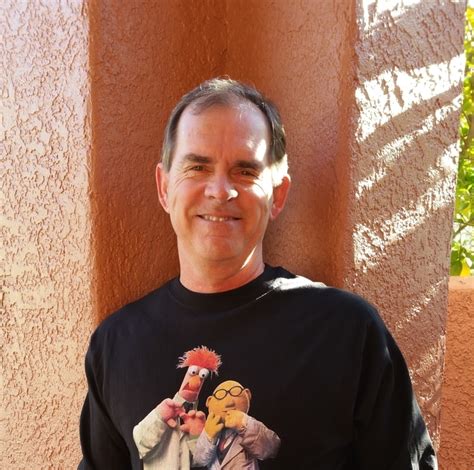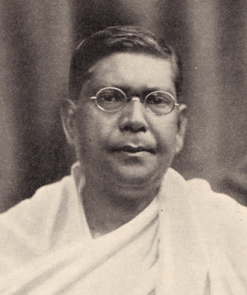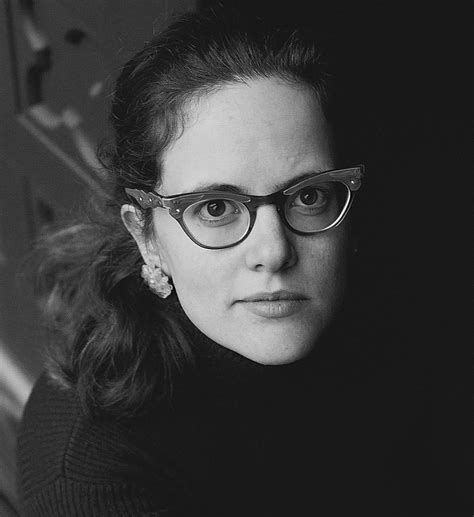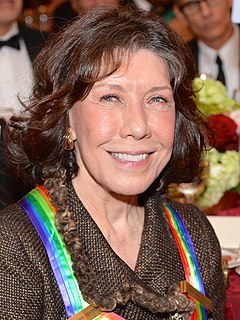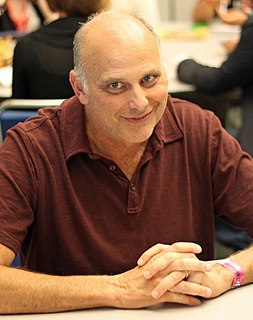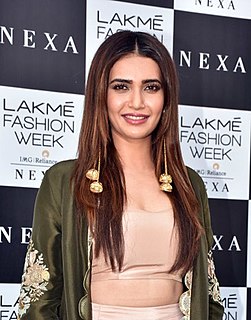A Quote by Indira Gandhi
No one wanted that marriage, no one. Even Mahatma Gandhi wasn't happy about it. As for my father...it's not true that he opposed it, as people say, but he wasn't eager for it. I suppose because the fathers of only daughters would prefer to see them get married as late as possible.
Related Quotes
Daughters aren’t to be independent. They’re not to act outside the scope ?of their father. As long as they’re under the authority of their fathers, fathers have the ability to nullify or not the oaths and the vows. Daughters can’t just go out ?independently and say, ‘I’m going to marry whoever I want.’ No. The father has ?the ability to say, ‘No, I’m sorry, that has to be approved by me.’
About Mahatma Gandhi: Great in taking decisions, great in executing them, Mahatma Gandhi was incomparably great in the last stand which he made on behalf of his country. He is undoubtedly one of the greatest men the world has ever seen. The world hath need of him, and if he is mocked and jeered at by "the people of importance," "the people with a stake in this country," - the Scribes and Pharisees of the days of Christ - he will be gratefully remembered, now and always, by a nation which he led from victory to victory.
I've never been married, and I have no regrets about not starting my own family. I come from a large one, so there are so many people around all the time. I've been very happy, but I've never gotten married. That's about the size of it. I would have been a good father because I've been a father to my brothers' and sisters' children.
Most people would say "Ah, Mahatma Gandhi, what a wonderful man, Mother Teresa, maybe Martin Luther King Jr., Nelson Mandela, Dalai Lama." And when you look at those people it's not the macho, aggressive, successful people, we may envy them, their bank balances and kind of thing, yes and for being successful. But we do not revere them.
The inflections of community are important because they get at the very meanings of marriage. Marriage is a gift God gives the church. He does not simply give it to the married people of the church, but to the whole church, just as marriage is designed not only for the benefit of the married couple. It is designed to tell a story to the entire church, a story about God’s own love and fidelity to us
We dated in our early 20s, when we were working at the same newspaper. We broke up, got back together and broke up again. I wanted to get married and have kids, but he wasn't ready. So I married someone else, had my daughters and the marriage ended ... and there was Bill. He'd never gotten married and was finally, finally ready. We discovered that we were still each other's favorite people to talk to.
I didn't get married until I was forty because I wanted to be stable when I got married. I think I just avoided my first marriage and went right to the second. It's sort of how I see it. When you're young, just trying to make it, and trying to find your way in the world, and figure things out... being married is not easy.


